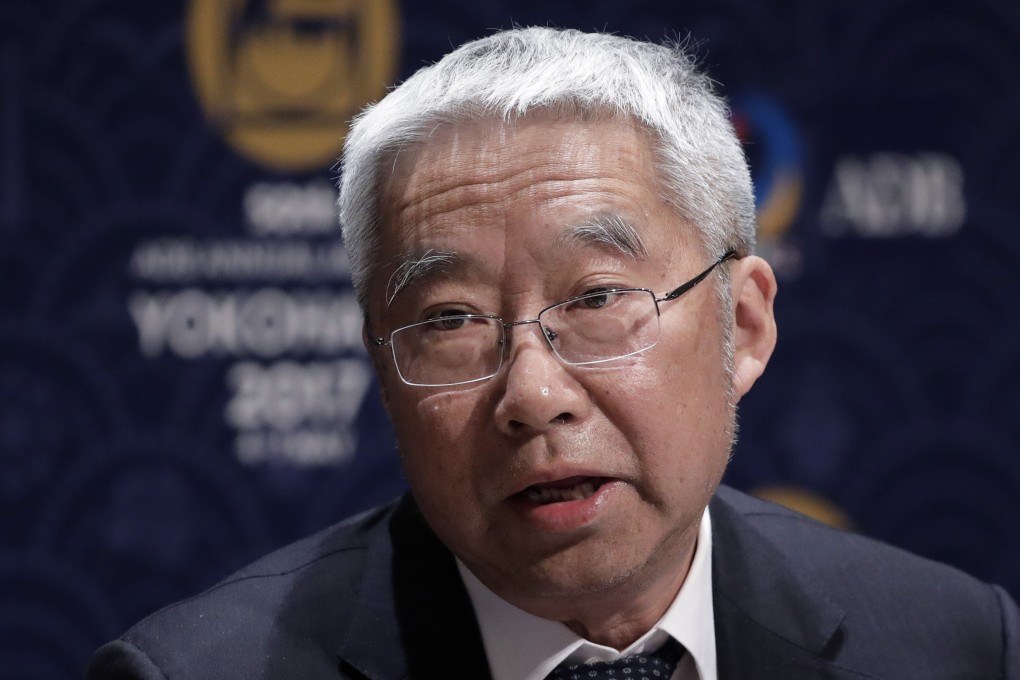China’s 2022 plans come with one eye on US policies, pandemic’s evolution, former central bank adviser says
- Yu Yongding is on Team Transitory when it comes to inflationary pressure, and the prominent government adviser dismisses risk of stagflation
- Western countries’ cautious handling of the stimulus exit appears to have lowered market expectations for a new ‘taper tantrum’

US policies and the evolution of the coronavirus pandemic will be instrumental in dictating how the Chinese and global economies will fare next year, a prominent Chinese government adviser said on Friday.
His comments come as Beijing prepares to draft its economic policies for the new year, with issues such as the Federal Reserve’s taper plan, inflation, global economic recovery and US relations likely to dominate the outcome of new policies.
“The biggest uncertainty lies in the coronavirus pandemic,” Yu said during a Caixin Summit panel discussion. “There could be some inflationary pressure next year, but it is a transitory, not stagflation.”
Chinese authorities are now busy trying to contain coronavirus outbreaks in Beijing, Dalian and Chengdu, as the central government continues to maintain a zero-tolerance approach to the pandemic, thus heaping pressure on the country’s economic growth and international exchanges.